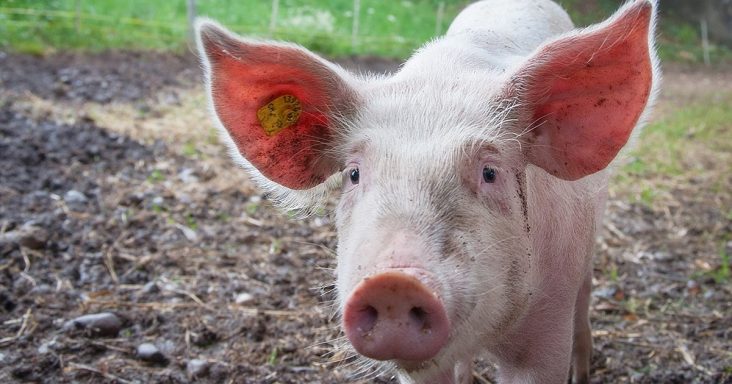Agri industry group pushes for change in EU trade policy
by December 18, 2018 2:30 pm 247 views

An industry coalition of roughly 50 food and agriculture organizations is rallying support that any trade deal between the United States and the European Union include agriculture, and address the EU tariff restrictions and other barriers placed on U.S. farm products.
This group is led by the National Pork Producers Council that sent a letter to U.S. trade officials urging the Trump administration to “continue stressing that only a truly comprehensive agreement will be acceptable to the Administration and, ultimately, to the U.S. Congress.”
American farmers have been shunned by the EU for years with protectionist programs and regulatory hurdles. The United States had a trade deficit in food and agricultural goods of nearly $11 billion last year, growing sharply since $1.8 billion in 2000, according to the trade officials.
“This is not because European consumers do not want American products,” the coalition pointed out in its letter. “It is because EU tariffs and non-science-based regulations deny consumers a choice.”
The National Pork Producers Council said EU tariffs regulatory hurdles on U.S. pork limit exports to the second largest pork-consuming market on the planet. Trade officials said the U.S. sells more pork to countries like Chili, El Salvador and Singapore than it does to the EU.
The pork industry estimates an open market between the U.S. and EU could result in billions of dollars in new exports to Europe and support roughly 18,000 new jobs in the U.S.
“The EU has played the United States like a drum in the past,” said NPPC President Jim Heimerl, a pork producer from Johnstown, Ohio. “This must stop. We expect the Trump administration to require the EU to negotiate on agriculture and to eliminate all tariff and non-tariff barriers to U.S. pork and other agricultural products.”
“If the EU wishes to conclude a trade agreement that addresses inequities in trade between us and that ultimately will be approved by Congress, such barriers and measures that restrict U.S. agriculture’s access … must be included as part of negotiations and successfully addressed in a final agreement,” the coalition noted in the letter.
